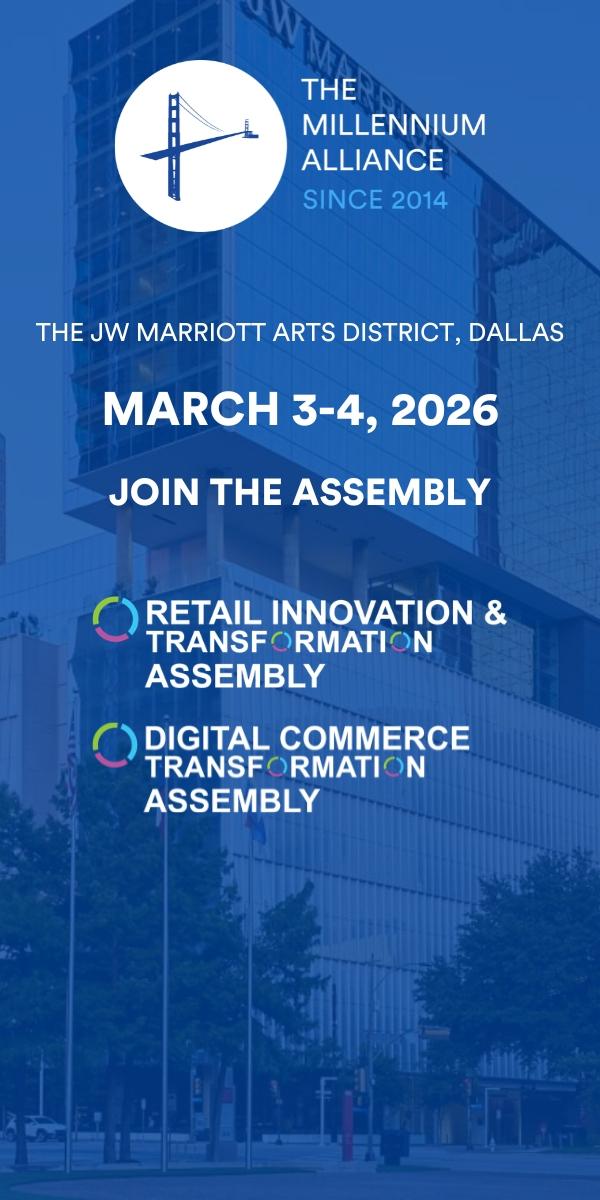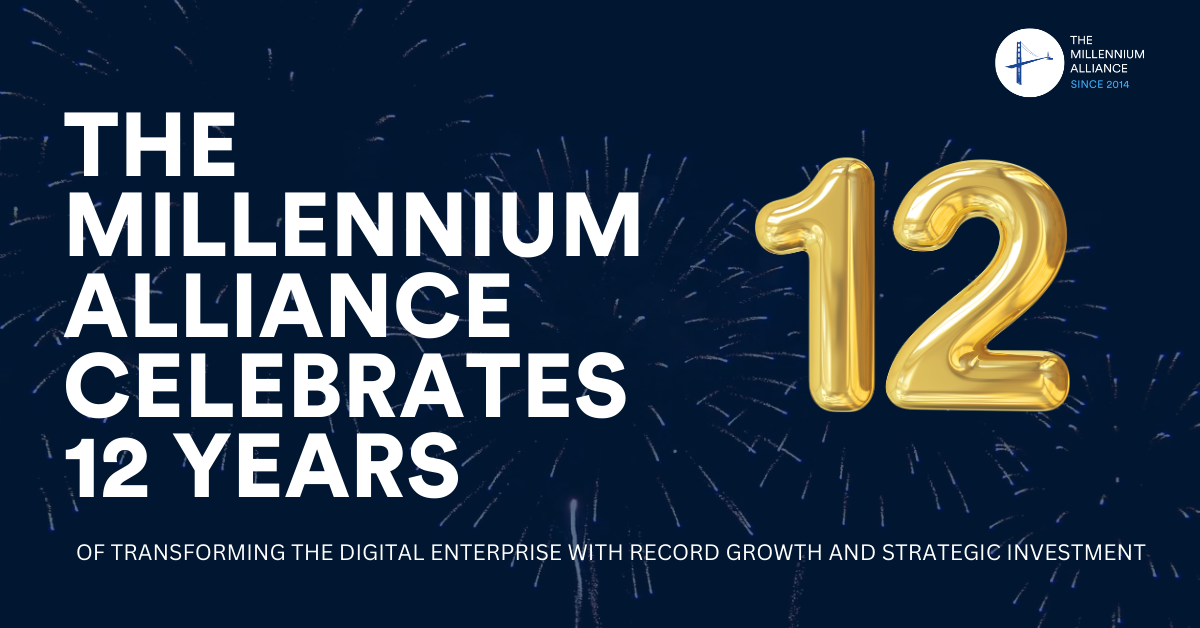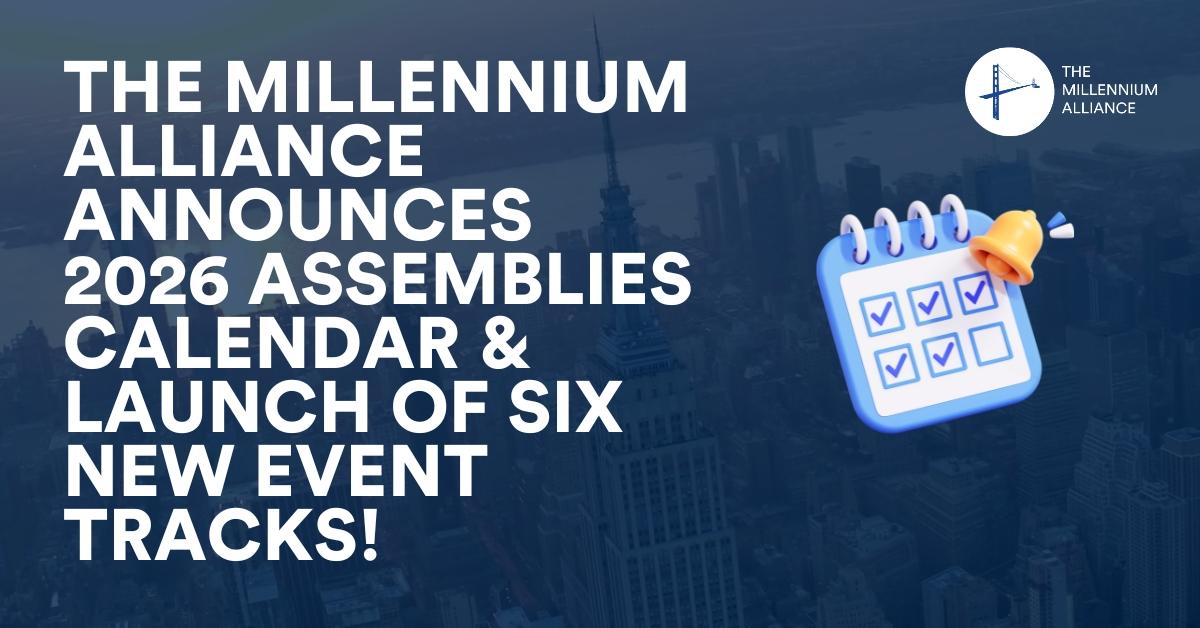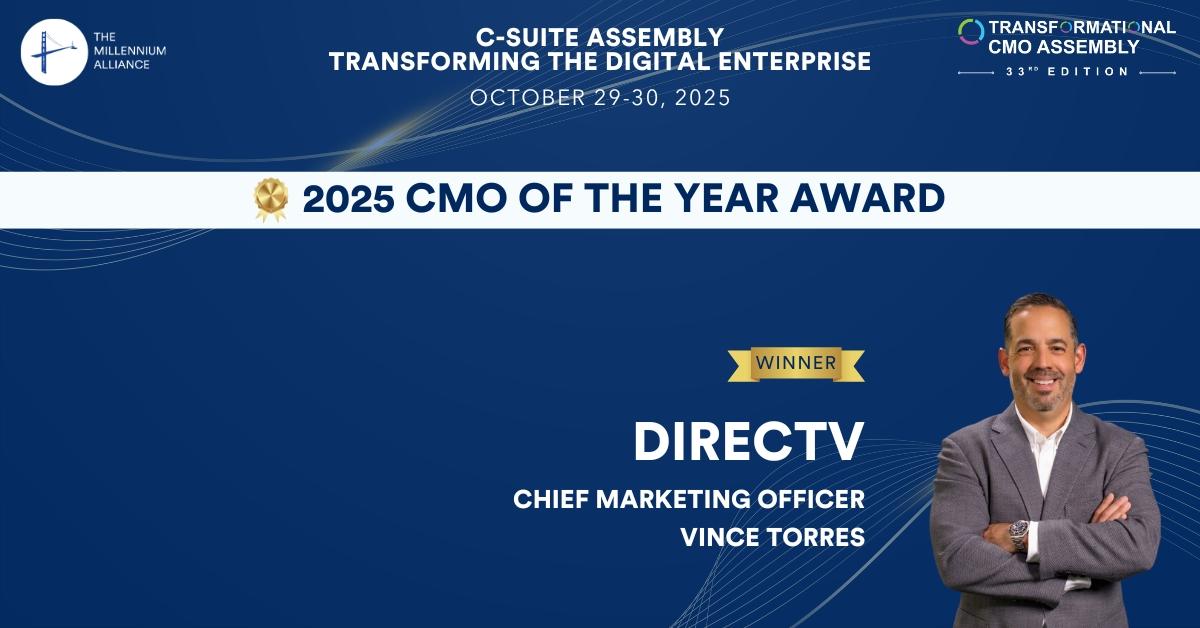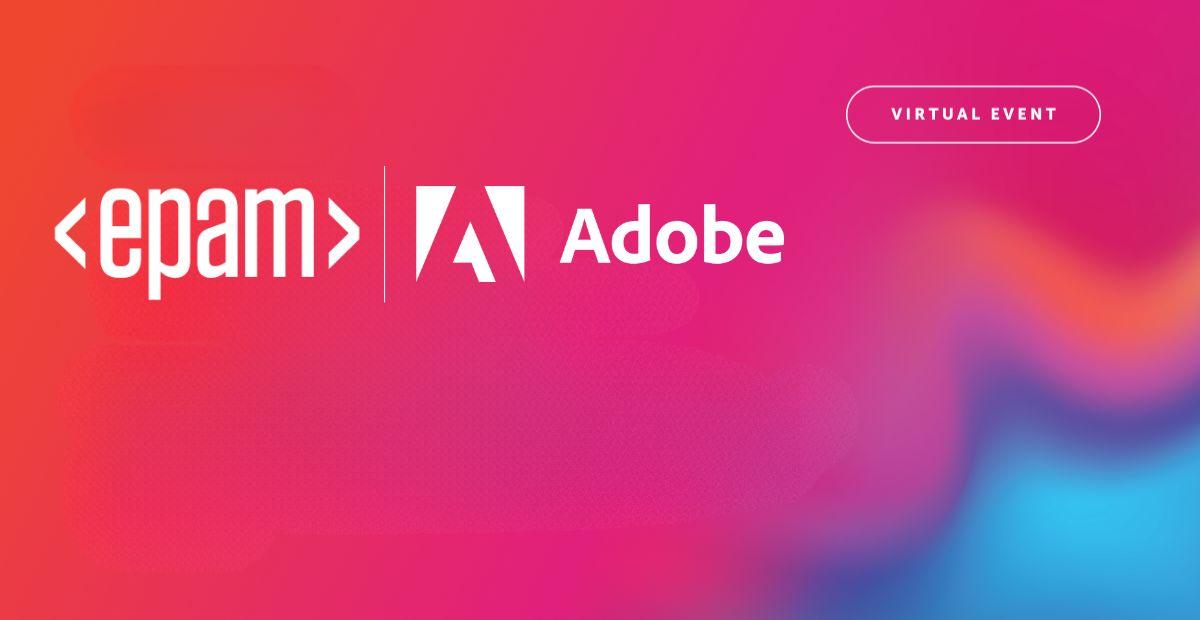The below article was written by brand leadership expert, author and The Millennium Alliance Advisory Board member, Denise Lee Yohn.
The scathing critique of the workplace culture at Facebook recently posted on CNBC by Salvador Rodriguez is only the latest alarm sounded for the diminishing distinction between cults and corporate cultures that seem to characterize companies these days. Over the past 20 years, concerns have been growing about how company cultures have become “cult-like.” But I’m not convinced that cultures shouldn’t be like cults and I’m curious if other people might agree – so, I would like to initiate a dialogue about this.
Cult-Like Cultures – A Growing Concern
First, let me review the origins of the concern about the cultish nature of corporate cultures. Perhaps Dave Arnott, a business school professor, was the first to raise a red flag. The title of the book he wrote in 1999, Corporate Cults: The Insidious Lure of the All-Consuming Organization, makes clear his point of view. The book jacket reads:
What’s the similarity between the Branch Davidians and Southwest Airlines? According to business columnist Arnott (management, Dallas Baptist Univ.), both organizations are cults, one religious, the other corporate. In this unique, fascinating look at organizational dynamics, Arnott shows that the many controlling tactics corporations use are similar to those used by well-known religious cults, e.g., charismatic leadership, separation from community, and a demand for unwavering devotion to the cult.
In the book, Arnott observes the “uncannily similar characteristics” between what defines a cult and the top factors that Fortune magazine calls the hallmarks of a great place to work: “sense of purpose, inspiring leadership, and knockout facilities.” He expresses concern over the way employees seemed to be subsuming their own identities to those of the businesses they worked for and investing increasing amounts of time and energy on their company instead of family and community. And he blames companies for extracting more value from employees than employees were gaining from them. “Corporate cults,” the term he uses to describe corporations, “use individuals to accomplish organizational goals,” he states.
I agree with Arnott’s underlying thesis: people should derive their value from who they are not what they do. And I do see that, for some, “work has become too important,” as he writes. But I think he places blame too squarely on the shoulders of employers without recognizing the broader cultural factors that fuel workaholism today (a whole separate topic which I won’t delve into here) — and he uses hyperbole to sensationalize and demonize well-intentioned and effective leadership and management practices.
An Alternative POV
The perspectives on company culture presented in Built To Last: Successful Habits of Visionary Companies by Jim Collins and Jerry Porras resonate more with me. The authors’ extensive research, in which they compared visionary companies vs. organizations of similar size, scope, and longevity, concludes that visionary companies show “greater cultism through history.” In fact, Porras and Collins include “cult-like culture” as one of the characteristics that distinguish “visionary companies” – that is, companies that are widely admired by their peers, have a long track record of making a significant impact on the world, and prosper over long periods of time.
They hold up Nordstrom, IBM, Disney, and Procter & Gamble as examples of organizations that are similar to cults in their fervently held ideologies, indoctrination (i.e., on-boarding) processes, elitism (a sense of belonging to something special and superior), and “tightness of fit” (people either fit very well or they don’t). On this last point, they observe that, at a visionary company, an employee will either fit and flourish or will be “expunged like a virus.” “It’s binary,” they go on to explain. “There’s no middle ground…Visionary companies are so clear about what they stand for and what they’re trying to achieve that they simply don’t have room for those unwilling or unable to fit their exacting standards.”
They are careful to clarify that visionary companies are not cults – rather, they are cult-like. And they counter suggestions that cult-like cultures are oppressive and restrictive. They say, “Cult-like tightness around an ideology actually enables a company to turn people loose to experiment, change, adapt, and — above all – to act.” This syncs with my work on building brands and nature and level of alignment and engagement among employees that a company requires to ensure on-brand decisions and actions throughout the organization. And I’ve found it to be true in my own personal experience, having worked for corporations and managers that used strong cultures and cult-like cultural practices effectively to engage me and others.
Of course, certain business leaders and certain companies misunderstand and misuse culture. In his CNBC piece, for example, Rodriguez describes a “bubble” at Facebook in which employees are discouraged from voicing criticism or dissent. Such mismanagement leads not only to employees feeling – or, just as likely, actually being – devalued and even oppressed; but also to consequences that can extend beyond the four walls of a corporation and create widespread destruction. In Facebook’s case, some explain that the company’s “culture of no-dissent” prevented employees from speaking up about the impact that News Feed had on influencing the 2016 U.S. election,
But Rodriguez portrays certain elements of the culture at Facebook as toxic and dysfunctional, when they actually might be productive and purposeful. The company’s implementation of stack ranking, a practice in which managers are required to distribute employee evaluations across the full spectrum of ratings from “does not meet” expectations to “redefine” (like professors who grade on a curve) may seem overly harsh and pejorative – and can be abused. But when practiced appropriately, it actually encourages managers to think holistically about their workgroups and can even be credited for producing the healthy rate of employee turnover essential at a company that relies on fresh thinking and new insights. And while the “top-down management approach” practiced at the company may alienate some employees, it provides the clarity and alignment that those who toil in vague or rudderless cultures long for.
What Say You?
So, perhaps it’s not a culture’s power or distinctiveness that should cause concern – but rather, the extreme nature of a particular culture and the poor implementation of culture-building practices are what lead people to associate company culture with the negative and dangerous aspects of a religious cult. But a culture that facilitates purposefulness of and pride in work; a culture that develops camaraderie among and commitment to other employees; and a culture that encourages sacrifice for and service to a greater mission is not only desirable – it’s actually a requirement in today’s business environment. And if that sounds like a cult, then so be it.
About the Author
Denise Lee Yohn is the go-to expert on brand leadership for national media outlets, an in-demand speaker and consultant, and an influential writer. Denise is the author of the bestselling book What Great Brands Do: The Seven Brand-Building Principles that Separate the Best from the Rest (Jossey-Bass) and the new book FUSION: How Integrating Brand and Culture Powers the World’s Greatest Companies. News media including FOX Business TV, CNBC, The Wall Street Journal, and The New York Times call on Denise when they want an expert point-of-view on hot business issues. The Marketing Executives Networking Group (MENG) named her blog as one of the “Top 20 Marketing Blogs that Executives Actually Read.” Denise enjoys challenging readers to think differently about brand-building in her regular contributions to Harvard Business Review and Forbes, and has been a sought-after writer for publications including Fast Company, Entrepreneur, Knowledge@Wharton, ChangeThis, Seeking Alpha, QSR Magazine, among others.




